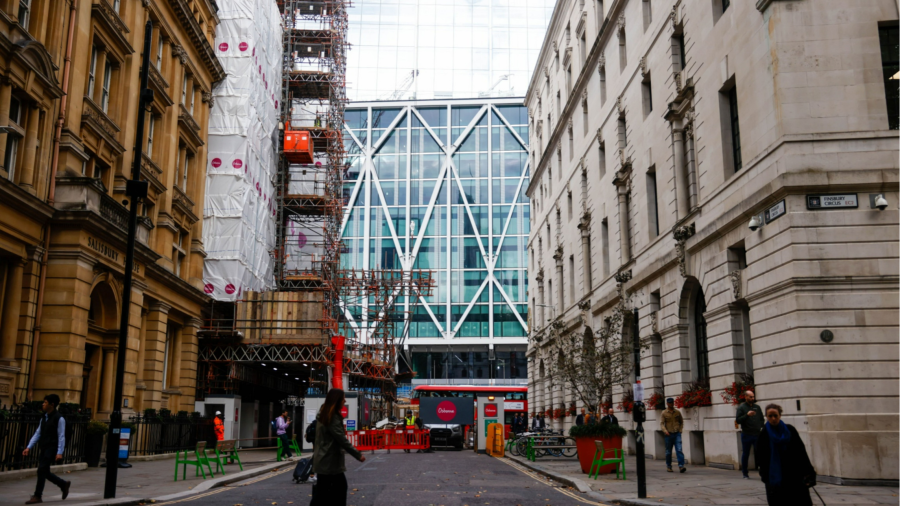
UK commercial property market valuations are falling at their fastest pace since the Brexit vote and dealmaking is stuttering to a halt, in early indications that higher interest rates could tip the market into a prolonged downturn.
According to index provider MSCI, UK commercial property values fell 2.6 per cent last month, the largest monthly fall since July 2016.
“It’s a fairly gloomy outlook. There’s clearly a great degree of uncertainty in the market at the moment,” said Tom Leahy, head of real assets research for Europe, the Middle East and Asia at MSCI.
The outlook is similar across much of Europe as investors have retreated following rapid dealmaking at the start of the year. In the first nine months of 2022, a record €229bn of transactions were completed. But in the past three months levels were down 16 per cent on the same period last year, according to property company CBRE.
Rising rates and mounting risks in the economy have quickly transformed the outlook for European property owners.
Borrowing costs — a function of central bank rates and lenders’ perception of risk for the sector — have increased sharply in the past six months, while inflation has driven up construction costs.
The attractiveness of property has also diminished as bond yields have risen. If they remain high, commercial property yields — which move inversely to prices — will have to increase considerably to tempt investors back.
“Why would anyone bother buying commercial property if gilts remain above 5 per cent,” said the head of real estate at a large bank. Property yields have dropped as low as 3 per cent in some sectors.
Leahy expected the unwinding of almost 15 years of ultra-low rates to trigger price falls in commercial real estate across Europe.
He warned that the UK could be particularly exposed to a downturn as a result of recent political turmoil. With a leadership contest underway following the resignation this week of Liz Truss as prime minister, the country is set for its fifth Conservative prime minister since 2016.
“The notion of the UK as a safe haven is coming under severe pressure because of our politics,” said Leahy, adding that political stability had been “in our favour for a long time — London was popular during the financial crisis for that reason — but there is a sense that the ship is slightly adrift at the moment”.
Property brokers and investors said the UK commercial property market peaked at the turn of the year.
According to CBRE, investment volumes have dropped for three consecutive quarters. The number of pending transactions tracked by MSCI is at its lowest level since 2013, indicating that the market is likely to slow further.
Deals that were being struck were at a substantial discount to the levels valuers considered realistic at the start of the year — before the war in Ukraine and surging inflation led to successive rounds of rate rises.
The biggest deal to go through in recent months was Landsec’s sale of Deutsche Bank’s new City of London office, 21 Moorfields.
Late last year, Landsec was privately approached by a potential investor willing to pay about £1bn, according to people with knowledge of the offer.
Landsec instead opted for a public sales process and last month settled for almost 20 per cent less, agreeing a £809mn deal with Australian developer Lendlease.
Analysts and investors said property owners in northern Europe, particularly Germany and the Nordics, were also exposed to a downturn.